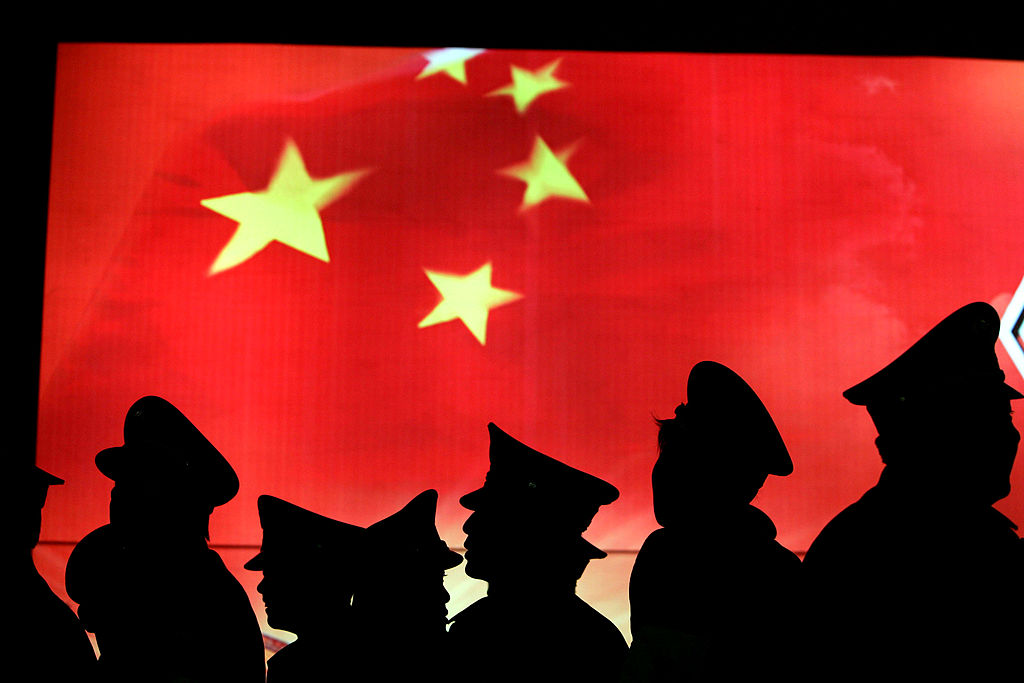
When President Donald Trump targeted China with sky-high tariffs in April, it set up a showdown testing which country could better absorb the economic fallout. For the U.S., the fallout came in the form of fewer and more expensive imports and, for China, it has meant idle factories and a shortage of dollars. China, however, holds a trump card: a monopoly on a variety of rare earths, or minerals that are critical to key American industries—including the defense sector, which needs those materials to make cutting edge fighter jets like the F-35.
“It’s the biggest gun they have to our heads,” says Evan Smith, CEO of Altana Technologies, which provides supply chain insights to a host of major companies. In the case of the F-35, the company recently created the following graphic, which shows how the planes rely on rare earths for everything from sensors to motors to thermal coating:

Smith describes the rare earths above, which have names like terbium and Yttrium, as “the most important metals you’ve never heard of.” Though they may be obscure, they are essential not just for defense manufacturers like Lockheed Martin and Northrop Grumman (makers of the F-35) but also tech firms like Apple and auto firms like Tesla.
In the current trade war, China hasn’t outright banned the export of these rare earths, but has introduced a licensing regime that is already introducing supply chain disruptions. Ordinarily, U.S. firms would turn to suppliers in other countries but the current system of rare earth production means nearly all of it occurs in China. This Altana graphic shows that, in most cases, the country is responsible for 90% or more of most of these key minerals:

According to a recent report from the Center for Strategic and International Studies, the Department of Defense has been moving to build a domestic supply chain for rare earths—including by issuing grants to firms in California and Texas—but these facilities have yet to become fully operational. Meanwhile, countries like Japan and Australia are also looking to expand rare earth production but, for now, their output is nowhere near to offsetting China’s de facto monopoly.
“Developing mining and processing capabilities requires a long-term effort, meaning the United States will be on the back foot for the foreseeable future,” the CSIS report notes.
All of this likely explains why President Trump appeared to blink first in the trade war standoff, lowering tariffs on China to 30% earlier this month. The trade war, though, is very much ongoing and as the two countries plot an endgame, China’s rare earths monopoly is likely to mean it will maintain the upper hand.
Further reading: BP’s chief U.S. economist worries China is winning the global energy war. Here’s why







